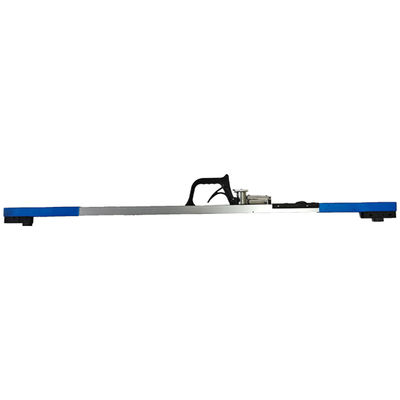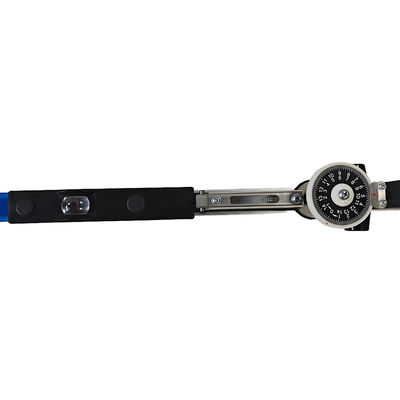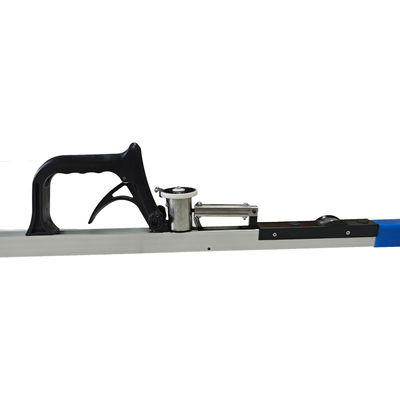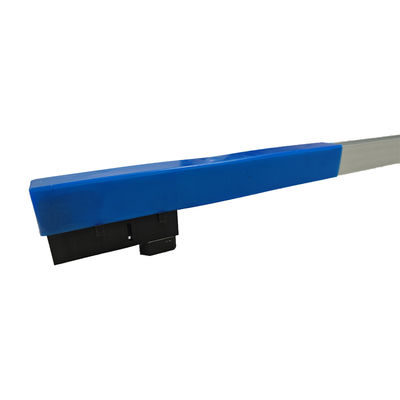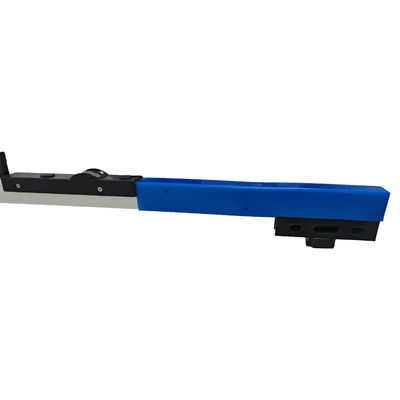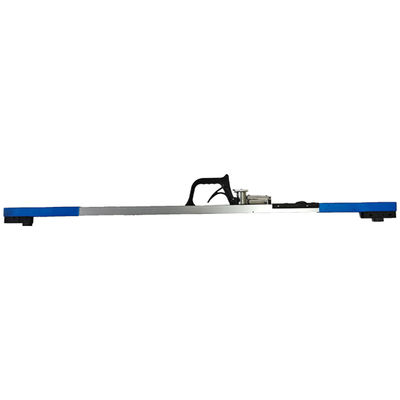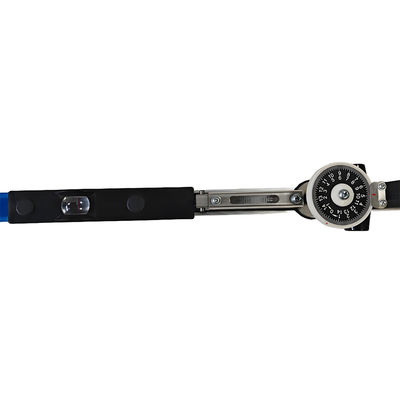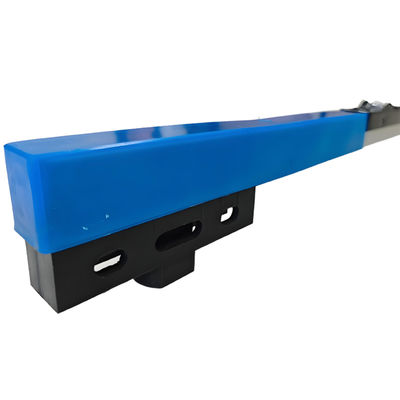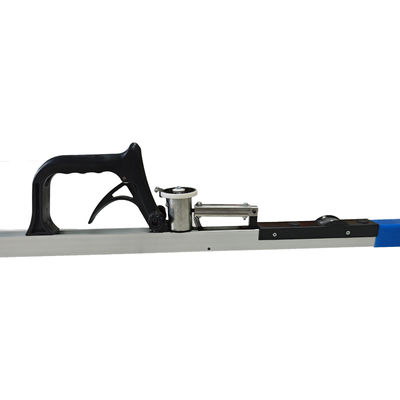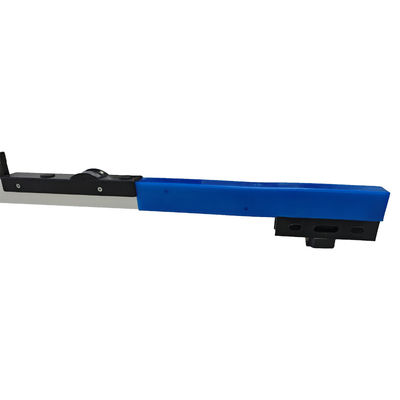-
 JonathasDer Koppler, den sie sind ziemlich passend, die alte zu ersetzen vorschlugen. Preis ist angemessen, und vorwärts schauend, um das thhem zu empfangen.
JonathasDer Koppler, den sie sind ziemlich passend, die alte zu ersetzen vorschlugen. Preis ist angemessen, und vorwärts schauend, um das thhem zu empfangen. -
 JoseKorrekte alle Ersatzteile DF8B, die erhielt ich, sind. Vorbereitungs- und Anlaufzeit ist schnell und immer wenn ich Probleme habe, immer hier, mir sind zu helfen sonnig. Dank ihre Menge und vorwärts wieder schauen unserer zukünftigen Zusammenarbeit.
JoseKorrekte alle Ersatzteile DF8B, die erhielt ich, sind. Vorbereitungs- und Anlaufzeit ist schnell und immer wenn ich Probleme habe, immer hier, mir sind zu helfen sonnig. Dank ihre Menge und vorwärts wieder schauen unserer zukünftigen Zusammenarbeit.
Analogue Track Gauge
| Produktname | Track -Messgerät | Wertenteilungswert | 1,0 mm |
|---|---|---|---|
| Spaltungswert | 1,0 mm | Maximaler Fehler mit Kreuzspiegel Null-Fehler | ± 0,65 mm |
| Hervorheben | 1.0 mm Superelevation Division Track Gauge,1.0 mm Gauge Division Rail Gauge,±0.65 mm Maximum Cross-level Zero Error Analogue Track Gauge |
||
Product Description
Rail Gauge (or Track Gauge), a specialized measuring instrument used to measure the gauge (distance between two rails) and level (horizontal alignment) of railway tracks. It is an essential tool for railway construction and maintenance, enabling accurate measurements of track parameters such as gauge width, superelevation, and cross-level. Widely applied in mainline railways, regional railways, subways, urban rail transit systems, mining operations, steel plants, and other track-based infrastructure for maintenance and inspection purposes.
Measurement of track gauge:
When measuring, securely place the gauge's probes against the inner sides of both rails, positioned 16 mm below the top surface of the rail head. Slowly slide the gauge forward or backward along the track, gently actuating the moving probe to observe the minimum reading. Repeat minor adjustments to confirm the lowest value, and record this minimum reading as the definitive measurement. For example, since the standard gauge for most railways is 1435 mm, calculate the deviation by subtracting the measured value from 1435 mm (e.g., at specific locations like the #9 switch toe, where the reference gauge is 1450 mm, compare to 1450 mm instead). A positive deviation (wider than standard) is denoted as "+", while a negative deviation (narrower than standard) is denoted as "-". The "+" symbol may be omitted during data recording for simplicity.
Superelevation Measurement
Identify the reference rail (for clarity in this explanation, assume it is the lower rail) and position the gauge such that its rear side aligns with the reference rail. Align the level compass needle with zero. Check if the spirit level bubble is centered within the graduation Lines. If centered, the cross-level of the opposite rail (upper rail) is zero. If the bubble deviates toward the upper rail, the cross-level is positive ("+"); if toward the lower rail, it is negative ("-"). Adjust the graduated compass dial until the bubble is centered, then record the reading. To minimize parallax error, ensure your line of sight is perpendicular to the scale when reading the value.
Usage Precautions
· Handle the instrument with care during use to avoid impacts or collisions.
· When the instrument is not in use, store it in a secure location away from heat sources and humid environments.
|
Product Performance |
Reference Value |
|
Suitable for Standard Gauge (1435 mm) Railways with Operating Speeds |
≤ 160 km/h |
|
Gauge Measurement Range for 1435 mm Standard Gauge |
1410-1470mm |
|
Measurement Range for 1391 Parameter |
1381-1401mm |
|
Measurement Range for 1348 Parameter |
1338-1358mm |
|
Superelevation (Cross-level) Measurement Range |
-150 - +150mm |
|
Superelevation Division Value |
1.0 mm |
|
Gauge Division Value |
1.0 mm |
|
Maximum Cross-level Zero Error |
±0.65 mm |
![]()
![]()
![]()
![]()



